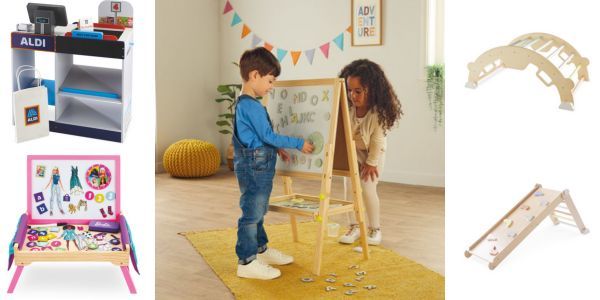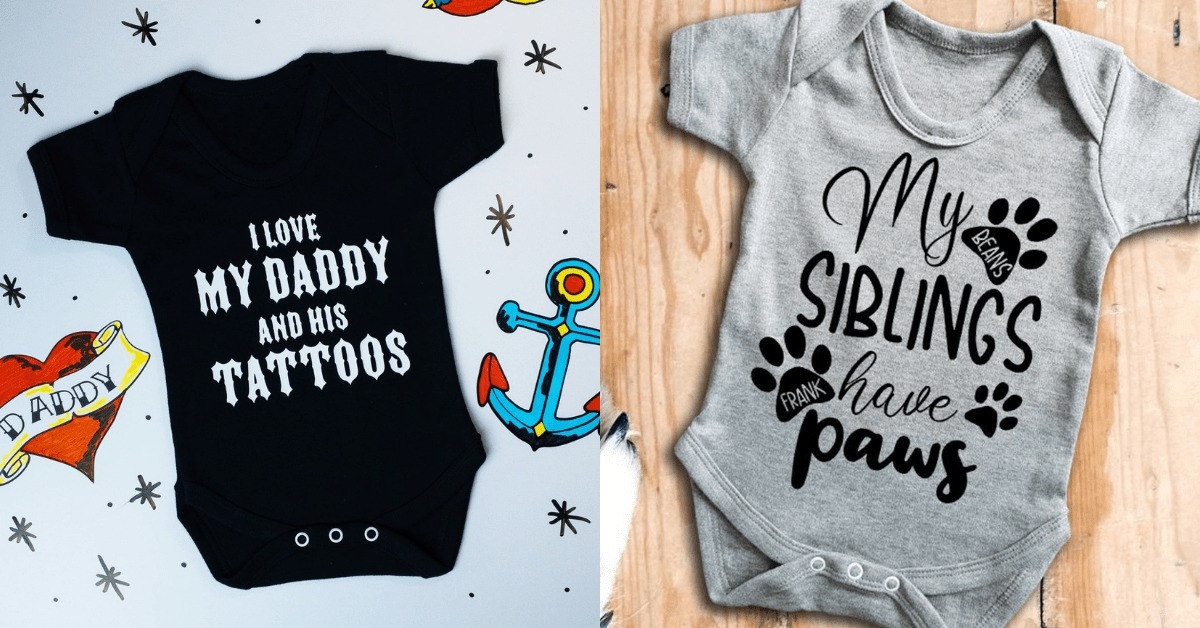

Lesley Gilchrist, registered midwife and co-founder of My Expert Midwife, shares her insight into the fundamentals of postpartum recovery along with her advice for new mums on how to prioritise self-care and recovery after their baby arrives.
Pregnancy, childbirth, and looking after a newborn is demanding upon the body and the mind, which is why taking time for recovery and self-care is vital during the postpartum period. This is not only important for protecting your mental wellbeing, but also for your long-term physical health.
Clinical data shows that 9 in 10 first time mothers who have a vaginal birth experience perineal trauma, which can cause significant discomfort during the postpartum period. Without optimal recovery, this can have a long-term impact on physical health, leading to issues such as incontinence, lower levels of sexual satisfaction or pain during intercourse.
However, we often hear about how hard the physical and emotional recovery from childbirth can be, whatever type of birth you have had, and so it is important to be prepared for the realities of your postnatal recovery.

Make time for your own needs
When you are caring for a newborn, it can feel as though there aren’t enough hours in the day to spare time for yourself. This makes it difficult for new mums to make their own rest and recovery a priority – while many feel guilty if they do. However, this is a crucial part of your recovery programme and will not only benefit you but your loved ones too.
Try to make space in the day – at least 30 minutes – for you to prioritise your own recovery needs. Some self-care suggestions to try during the period straight after birth include:
- Taking a warm soak in the bath to help a sore, swollen perineum. This can help to soothe aching, stretched muscles, or ease a healing caesarean section wound. Adding My Expert Midwife Soak for Bits can also help further aid recovery
- Doing some gentle stretches or taking time out to lie down to improve hip and back pain.
- Starting regular pelvic floor exercises as soon as you feel able to, as this can improve continence by strengthening your pelvic floor. There are a range of apps available to help with this.
- Trying gentle exercises such as walking and engaging your core or yoga, which can help separated abdominal muscles.
Prepare a “postnatal checklist”
Creating a “postnatal checklist” can help you on your road to recovery by ensuring your own needs are catered for following the birth of your baby. This should factor in guidance such as:
- Making good nutrition – including plenty of soluble fibre (think fruit and veg, smoothies and soups), a priority. This will help bowel movements to pass much easier.
- Staying hydrated – this will again help bowel movements, but also improve skin integrity, which in turn helps the healing process for soreness as well as wounds.
- Taking effective pain relief. This will keep you comfortable and reduce stress through pain. It can be in the form of medication or cooling gel pads for the perineum, heat packs or hot water bottles for backache. You may want to consider soothing sprays for your perineum or nipple cream to ease soreness.
- Wearing comfortable clothes which are easy to put on and loose.
- Making sure you have a well-fitting maternity bra and breast pads, as well as pants which fit well and maternity pads.
- Using a nursing cushion for your own and your baby’s comfort.
Try to build this time into your daily routine from the start. Ask your partner, a close friend or a family member to spend a regular 30-minute time slot with your baby. Take that time for yourself to rest and recover and stick to this routine as much as possible, so that you, your baby and loved ones expect it each day.
Remember, recovering from childbirth is a priority during the postnatal period.
The better you feel, both physically and emotionally, the easier the transition into family life will be, and the quicker you will regain your strength. So, it’s important to ensure you are looking after yourself the best that you can as well as looking after the needs of your new baby.
Don’t forget to check out our handy Hospital Bag Checklist for preparing for labour too.


.png)







